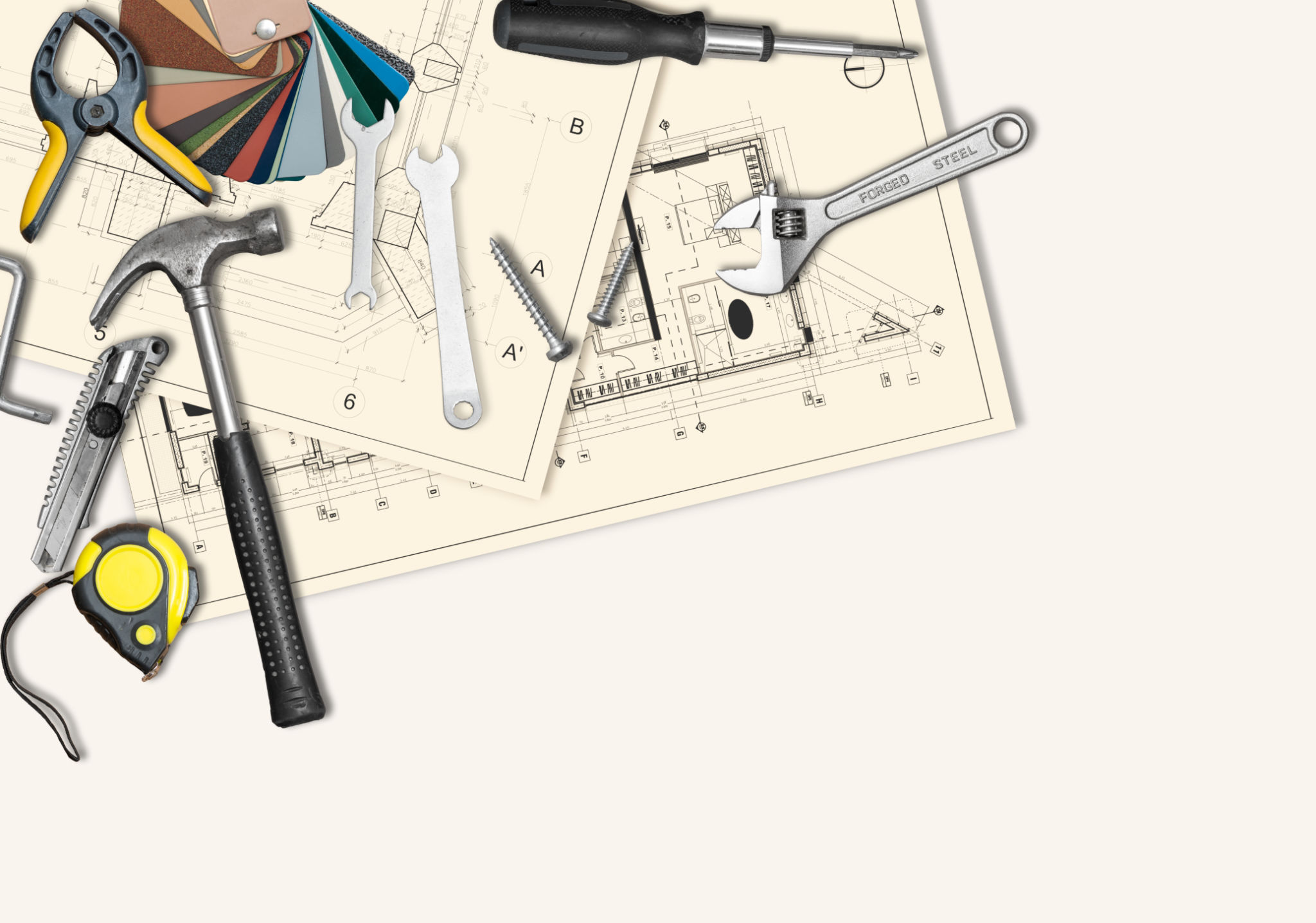DIY Home Renovation Tips: What You Can Do vs. When to Call a Pro
Understanding Your DIY Limits
Embarking on a DIY home renovation journey can be both exciting and daunting. While it offers the satisfaction of personal achievement and potential cost savings, it's crucial to recognize your limits. Not all tasks are suitable for a DIY approach, and knowing when to call a professional can save you time, money, and stress.
Before starting any project, assess your skills honestly. If you're comfortable with basic tools and have some experience with home improvement tasks, you might tackle projects like painting or installing shelves. However, more complex tasks, such as electrical work or major plumbing, often require professional expertise.

Projects You Can Handle
Many home renovation projects are perfectly suitable for DIY enthusiasts. Here are a few that you can typically manage on your own:
- Painting: A fresh coat of paint can transform a space and is a great beginner project.
- Laying Laminate Flooring: With the right tools and instructions, installing laminate flooring can be a satisfying DIY project.
- Installing Shelving: Adding shelves is a practical way to increase storage and can usually be done with minimal experience.
For these tasks, ensure you have the right tools and materials beforehand. Also, watch tutorials or read guides to understand the process thoroughly.
When to Call a Professional
Some renovation tasks are best left to the experts due to their complexity or safety concerns. Consider reaching out to a professional for the following:
- Electrical Work: Handling electrical wiring is dangerous without proper training and can lead to severe consequences if done incorrectly.
- Plumbing Repairs: Mistakes with plumbing can cause water damage or flooding, leading to costly repairs.
- Structural Changes: Any project involving changes to a building's structure should be supervised by professionals to ensure safety and compliance with local building codes.

Preparing for Your DIY Project
Preparation is key to a successful DIY renovation. Start by researching your project thoroughly. Gather all necessary materials and tools beforehand, and make sure you have a clear plan of action. Patience and attention to detail will go a long way in achieving quality results.
Create a timeline for your project but remain flexible. Unexpected challenges can arise, so it's essential to adapt your schedule as needed. Remember, rushing through a project can lead to mistakes and unsatisfactory outcomes.
Cost Considerations
One of the main reasons people choose DIY is to save money. However, it's vital to weigh the potential costs of doing it yourself versus hiring a professional. Sometimes, DIY projects can become unexpectedly expensive if you need to purchase specialized tools or if mistakes lead to additional repairs.

If the cost of hiring a professional is within your budget and the task is outside your skill set, it might be more economical in the long run to hire someone with experience.
The Satisfaction of DIY
Despite the challenges, successfully completing a DIY project can be incredibly rewarding. It allows you to personalize your space while learning new skills. Just remember that knowing your limits and when to call in the pros is vital to ensuring both your safety and satisfaction with the final result.
Ultimately, whether you decide to DIY or hire a professional, careful planning and consideration are key components of any successful home renovation project.
